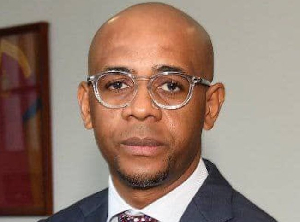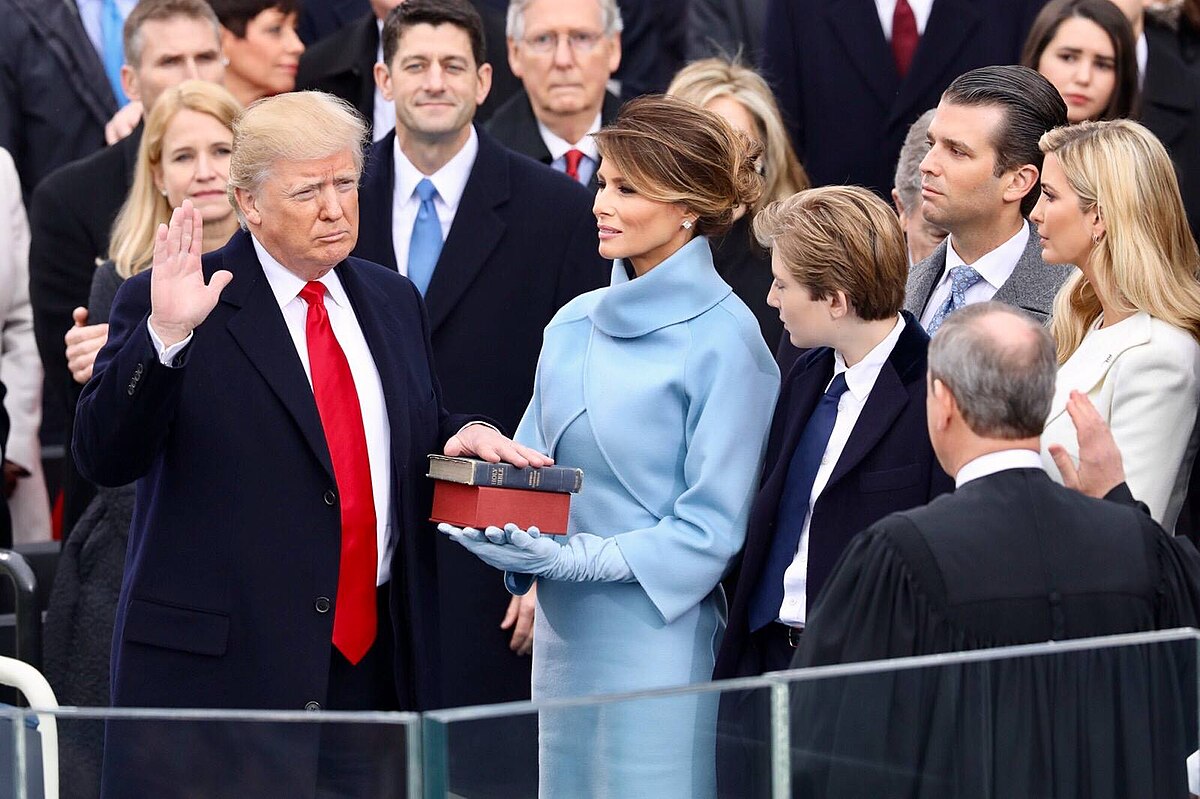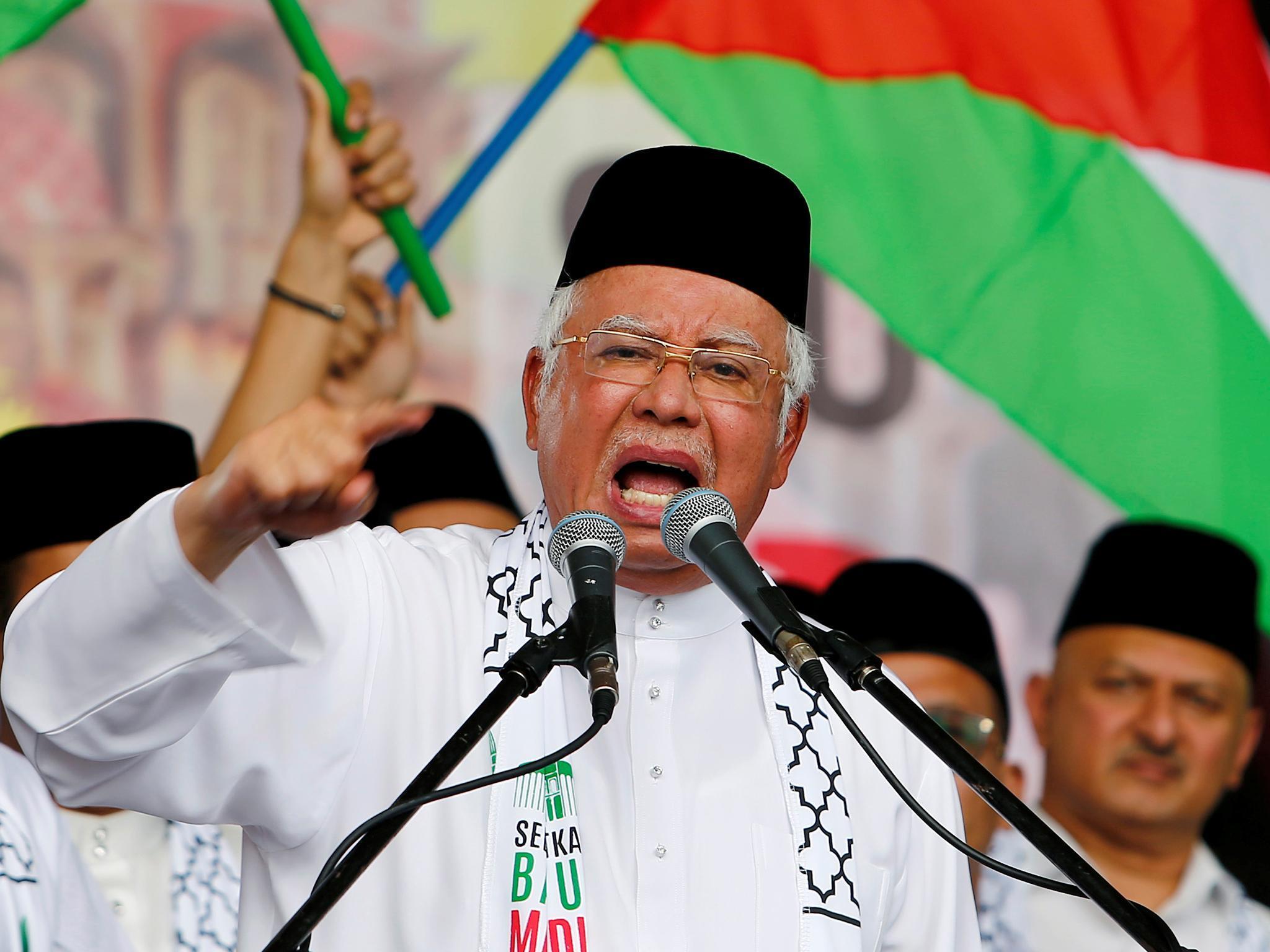
Illuminating Scandals: Revelations from the Philippines to Equatorial Guinea
In the world of global politics, where the stakes are high and the truth often lurks in the shadows, recent scandals have unfolded that may redefine how we view corruption and misconduct in governance. From a high-profile COVID-19 scandal in the Philippines to an outrageous sex tape scandal involving public officials in Equatorial Guinea, these stories expose not only the unethical practices of public servants but also highlight the societal implications they carry.
The Philippine COVID Corruption Scandal
At the heart of the narrative is a troubling scenario that emerged during the COVID-19 pandemic. Leaked documents have connected two figures, Michael Yang and Lin Weixiong, to dubious real estate transactions in Dubai totaling over $20 million. Yang, who served as an economic advisor to former President Rodrigo Duterte, allegedly facilitated profitable contracts for Pharmally Pharmaceutical Corp., a company that reportedly charged the government exorbitantly for medical supplies during the pandemic.
Lin Weixiong, who was closely tied to Pharmally, purchased a lavish estate in Dubai’s Emirates Hills neighborhood for approximately $16.3 million as the pandemic peaked in May 2021. In a shocking twist, after the Senate launched investigations into Pharmally’s dealings, Lin profited by selling the property just months later. Lin’s subsequent refusal to testify before the Senate sparked public outrage and questions about accountability in the Duterte administration.
 Real estate linked to corruption in the Philippines.
Real estate linked to corruption in the Philippines.
Amid the chaotic backdrop of a health crisis, these revelations paint a stark picture of how public officials allegedly leveraged their positions for personal gain. Investigative reports indicate that while Lin and Yang find themselves ensnared in legal troubles, other threads hint at a deeper connection between their actions and the international drug trade, stretching back to the deadly tactics previously employed by Duterte in Davao.
Dubious Investments and Suspected Sponsors
Yang’s name has surfaced amidst accusations of a broader conspiracy involving drug trafficking, drawing eyeballs at both national and international levels. Not only has he been linked to the controversial drug war policies of Duterte, but his transactions in Dubai echo the whirlwind of corruption that the Philippines is currently grappling with. A member of the notorious ‘Davao Death Squad’ claimed Yang was involved in illicit activities, allegations that were firmly rebutted but nonetheless remain a haunting backdrop to this ongoing saga.
Equatorial Guinea: A Sex Scandal Unveiled
Meanwhile, across the globe in Equatorial Guinea, another scandal has erupted involving Baltasar Ebang Engonga, the Director General of the National Financial Investigation Agency (ANIF). Engonga stands accused of recording over 400 explicit videos with notable individuals’ spouses, leading to a historic sex scandal that has rocked the nation’s political landscape.
These explicit tapes, which reportedly feature women from powerful families and officials, have not only gained traction online but also sparked conversations about ethics, power dynamics, and the treatment of women in Equatorial Guinea. The Attorney General emphasized the need for accountability but noted the difficulty in prosecuting consensual relationships, highlighting the complex interplay of consent and power.
 Scandals that shake the foundations of public integrity.
Scandals that shake the foundations of public integrity.
The government’s response has been swift, enforcing a suspension of several officials involved in sexual misconduct within the workplace, which signals a clear zero-tolerance policy against such inappropriate behaviors. Government officials are now under scrutiny, re-evaluating the ethics that underpin their service to the public, and underscoring the urgent need for societal norms that respect both personal integrity and professional boundaries.
Wider Implications and Call for Reform
Both of these stories shed light on systemic issues within governmental structures that allow for exploitation and misconduct to thrive. In the Philippines, it raises questions about the integrity of public trust and the ethical expectations from public servants navigating a crisis. In Equatorial Guinea, the highlight of sexual misconduct reflects deeper societal issues surrounding gender dynamics and the responsibilities of those in power.
These scandals remind us of the paramount importance of accountability in governance. The expectation from the public is clear: leaders must embody ethical standards drawn from the principles of integrity and respect, and there must be mechanisms to prevent abuse of power at all levels.
Calls for reform are ringing through the halls of governance in both countries. As digital footage and evidence come to light in Equatorial Guinea, and as investigations persist in the Philippines, citizens are demanding transparency, justice, and a systemic overhaul that holds decision-makers accountable. In a world fraught with challenges, it’s the voices of the public that must echo through the corridors of power, urging their leaders to rise above scandal and strive for a just society.
In summation, the intertwined tales of corruption in the Philippines and sex scandals in Equatorial Guinea resonate beyond borders, reverberating with the urgent need for ethical governance and reform. The global community watches closely and waits for a resolution that reinforces the principles of democracy, respect, and accountability.
Join the fight for transparency and accountability. Your voice matters.













